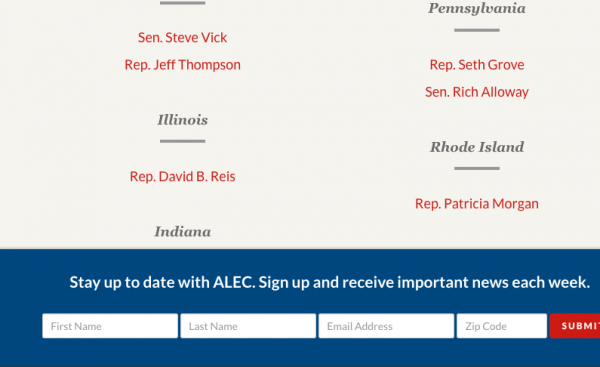 ALEC is back in Rhode Island. Republican legislator Pat Morgan confirmed she’s a member of the American Legislative Exchange Committee, a business-backed bill mill that pairs corporate donors with state legislators.
ALEC is back in Rhode Island. Republican legislator Pat Morgan confirmed she’s a member of the American Legislative Exchange Committee, a business-backed bill mill that pairs corporate donors with state legislators.
“I found it to be a really good group,” she told RI Future.
ALEC’s website lists Morgan as the state director in Rhode Island. Her 2016 financial disclosure form shows two trips to ALEC conferences – to San Diego, for $1,400 and to Phoenix for $1,100.  ALEC membership in Rhode Island was a hot button issue in 2012, when the group’s model Stand Your Ground bill became controversial after it helped exonerate George Zimmerman in the killing of Trayvon Martin. That year 24 local legislators, half of whom were Democrats, were members. By 2013, there were only six ALEC members in the General Assembly (though on p. 39 ALEC lists 12 members in 2013). In February 2015, RI Future reported that the last legislative membership in ALEC had expired on the last day of 2014. Morgan said she has been an ALEC member since January of 2015, but she was unsure of the exact month.
ALEC membership in Rhode Island was a hot button issue in 2012, when the group’s model Stand Your Ground bill became controversial after it helped exonerate George Zimmerman in the killing of Trayvon Martin. That year 24 local legislators, half of whom were Democrats, were members. By 2013, there were only six ALEC members in the General Assembly (though on p. 39 ALEC lists 12 members in 2013). In February 2015, RI Future reported that the last legislative membership in ALEC had expired on the last day of 2014. Morgan said she has been an ALEC member since January of 2015, but she was unsure of the exact month.
Morgan said she does not know anything about ALEC’s involvement with Stand Your Ground laws, and did not know the group had been controversial in Rhode Island.
She also said she does not where ALEC’s funding comes from. When informed it comes from corporations, she said, “I’m just as much against corporate welfare as you are. My idea is to do what’s right for Rhode Islanders, not for corporations.”
Her campaign opponent, independent Vincent Marzulo, is raising Morgan’s involvement in ALEC as a reason to vote against her. (Democrat Anthony Paolino is also running against Morgan).
“Her advocacy for private profit at the public’s expense raises serious questions concerning her commitment to the public good,” said Marzulo. “The American Legislative Exchange Council (ALEC) is a secretive, right-wing, Koch Brothers-funded corporate advocacy group that seeks private profit at the expense of public interest.”
Sam Bell, state director of the Rhode Island Progressive Democrats, added, “A far-right group that takes uses a money hose of corporate money to influence state politics, ALEC has wreaked great damage all across our country. From stand your ground laws and voter ID to an ocean of bills to help corporate special interests, ALEC has been uniquely effective at pushing awful public policy on the American people. It is hardly surprising that ALEC would align itself with Pat Morgan, a Wall Street politician known for supporting nutty right wing policies. For instance, Pat Morgan actually signed onto a bill to privatize roads and put tolls on cars.”
Morgan said doesn’t think of ALEC as being “conservative or liberal”. She said her relationship with ALEC has already paid dividends for Rhode Island. She said at a conference she learned about the drug Vivitrol, used to help people ween off drug addiction. She said the product is now used at the Adult Correctional Institute, in part because of her.
She said she doesn’t agree with everything ALEC pushes – citing a “session on international relationships.” She said she did not remember the specifics of the session. She also said there was an ALEC session on legalizing marijuana, an issue she said she does not agree with.
When asked if she thinks ALEC cares more about its corporate sponsors or her constituents, Morgan said, “I believe they care more about good policy that helps average people lead good lives.”
17 minutes into our interview, Morgan asked if she was on or off the record. I told her I identified myself as the editor of RI Future when I first called. Morgan feels I should have also informed her that I was writing a story. She hung up on me, and called back a few minutes later yelling. She said she does not think I have integrity.
House spokesman Larry Berman said the legislature does not pay dues of any ALEC legislators, as was the practice in 2012.





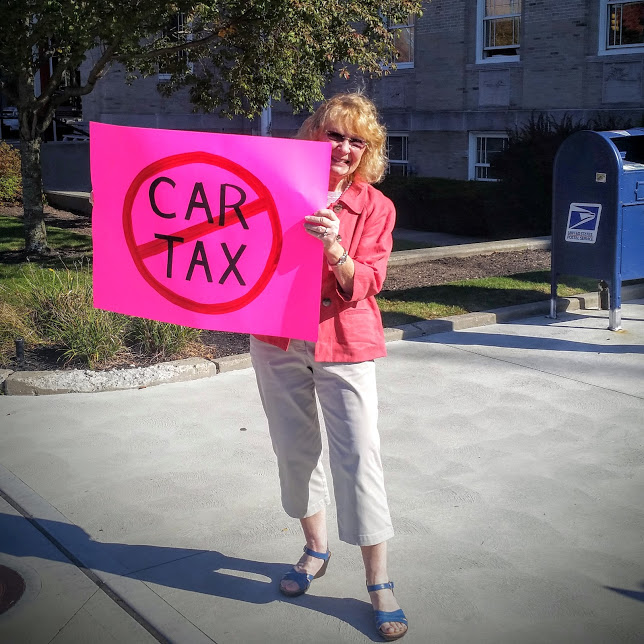
 So begins the ACLU of Rhode Island’s detailed seven-page testimony to the Rhode Island Vehicle Value Commission submitted this week in advance of a public hearing on the Commission regulations on
So begins the ACLU of Rhode Island’s detailed seven-page testimony to the Rhode Island Vehicle Value Commission submitted this week in advance of a public hearing on the Commission regulations on 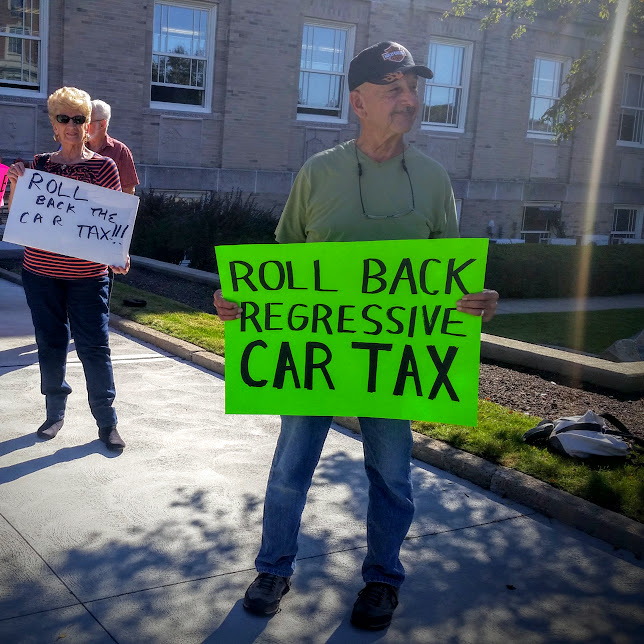




 The electoral race between Speaker of the House Nicholas Mattiello and his Republican challenger Steven Frias has, for obvious reasons, drawn an incredible amount of attention. Both candidates are working very hard to capture every vote they can in their district. But one exceptional aspect of their race has gone unmentioned: they have fewer people to convince to vote for them than in all but one other House district.
The electoral race between Speaker of the House Nicholas Mattiello and his Republican challenger Steven Frias has, for obvious reasons, drawn an incredible amount of attention. Both candidates are working very hard to capture every vote they can in their district. But one exceptional aspect of their race has gone unmentioned: they have fewer people to convince to vote for them than in all but one other House district.
 There is another impact that flows from this practice: the voting strength of the communities from which the inmates come is diluted, while the political influence of the city residents in which the prison is located is inflated. By inappropriately counting the 1,230 ACI inmates as District 15 residents, every resident of the state not living there has his or her representation diluted by about 8% compared to residents in district 15. Put another way, by virtue of his location, the House Speaker is more powerful than other legislators not just because of his title, but because 92 constituents of his House District have the same influence as 100 residents in almost every other district. (Only neighboring District 20, which also includes portions of the ACI, wields a bigger disproportionate influence.)
There is another impact that flows from this practice: the voting strength of the communities from which the inmates come is diluted, while the political influence of the city residents in which the prison is located is inflated. By inappropriately counting the 1,230 ACI inmates as District 15 residents, every resident of the state not living there has his or her representation diluted by about 8% compared to residents in district 15. Put another way, by virtue of his location, the House Speaker is more powerful than other legislators not just because of his title, but because 92 constituents of his House District have the same influence as 100 residents in almost every other district. (Only neighboring District 20, which also includes portions of the ACI, wields a bigger disproportionate influence.)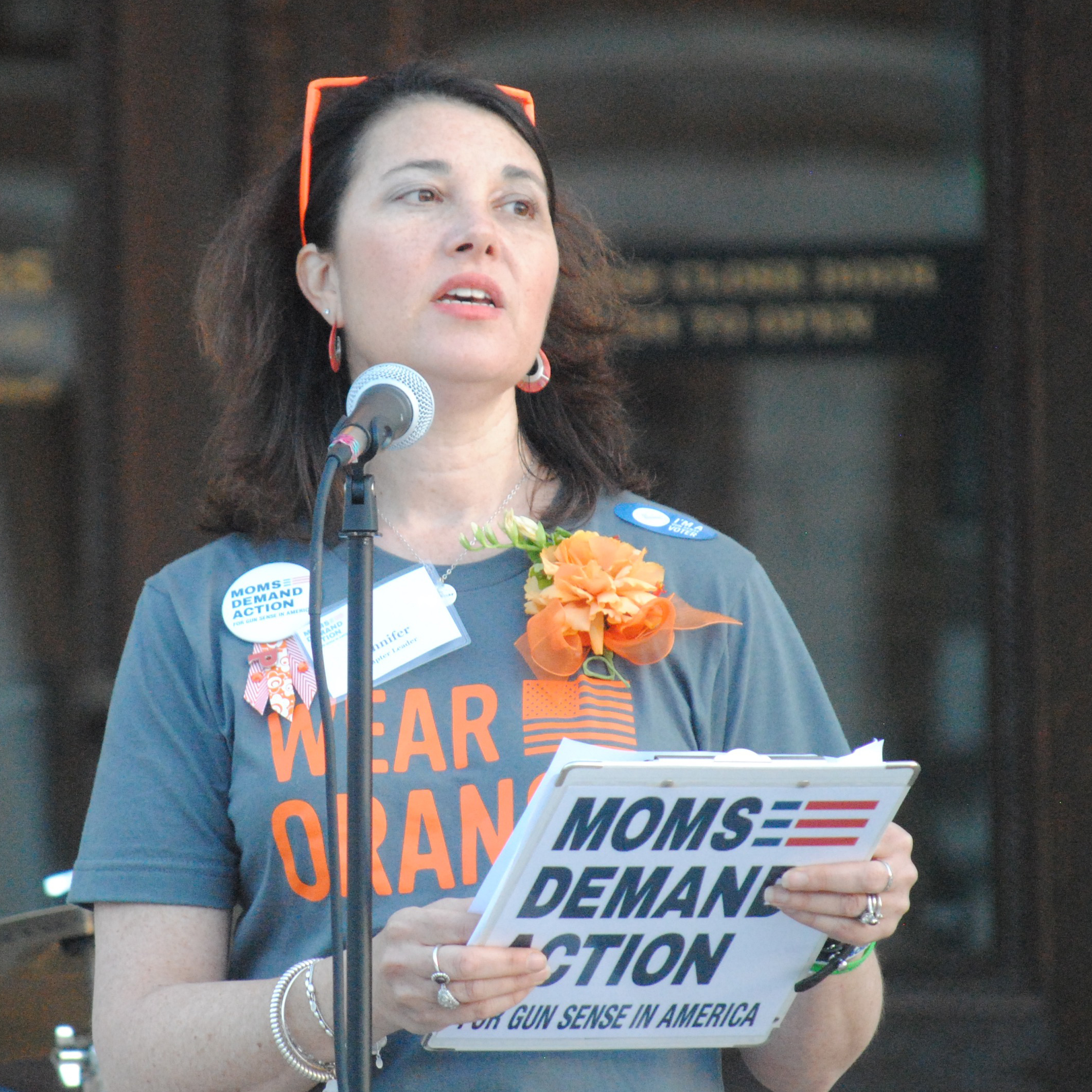

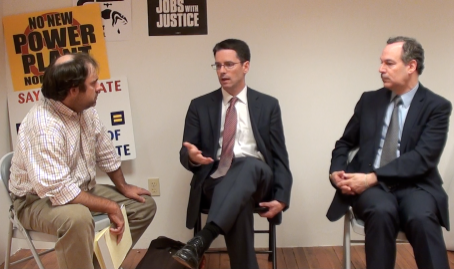

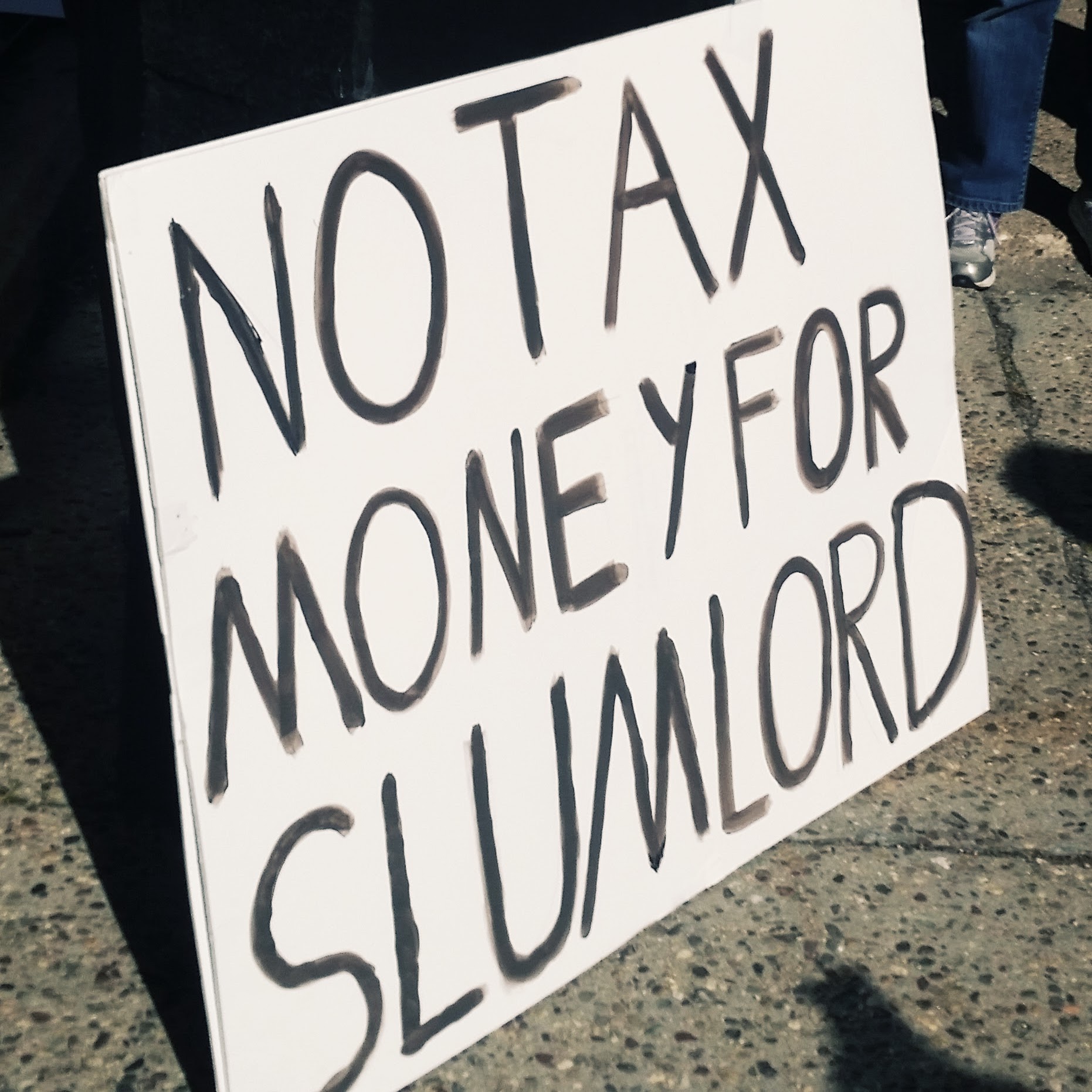
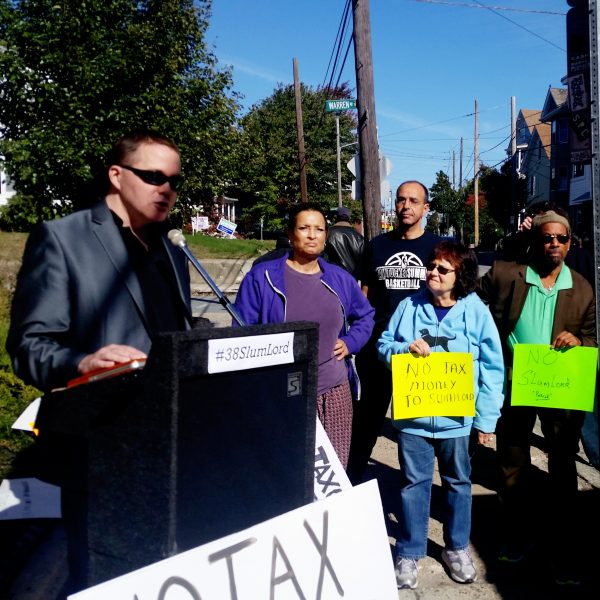 David Norton one of the leaders of the coalition that fought to keep the PawSox in Pawtucket and recently lost a Democratic primary election to unseat Pawtucket Representative David Coughlin, lead a protest outside Hope Artiste Village against Lance Robbins, controversial founder of Urban Smart Growth. As the ProJo
David Norton one of the leaders of the coalition that fought to keep the PawSox in Pawtucket and recently lost a Democratic primary election to unseat Pawtucket Representative David Coughlin, lead a protest outside Hope Artiste Village against Lance Robbins, controversial founder of Urban Smart Growth. As the ProJo 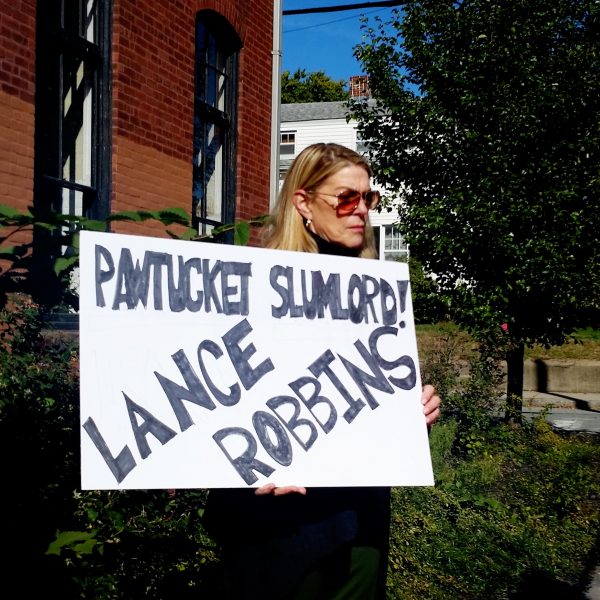 The downside, as reported extensively in
The downside, as reported extensively in 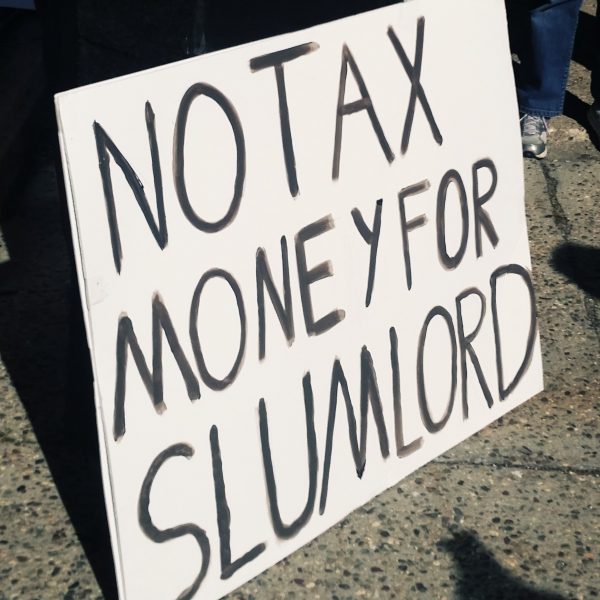


 Raimondo has consistently touted her support for renewables like wind and solar, only occasionally voicing her support for fracking. Raimondo never holds a press release in front of a fracked gas pipeline or compressor station. She holds them at wind turbines and solar farms, giving the appearance of a strong leader on the environment.
Raimondo has consistently touted her support for renewables like wind and solar, only occasionally voicing her support for fracking. Raimondo never holds a press release in front of a fracked gas pipeline or compressor station. She holds them at wind turbines and solar farms, giving the appearance of a strong leader on the environment.


 As a current Providence College Friar and a native Rhode Islander, I am passionate about our state and capital city. As a millennial, I want to ensure that future generations have the building blocks necessary to thrive and make a living right here in the Ocean State. That is why the ProJo Editorial board’s piece, “
As a current Providence College Friar and a native Rhode Islander, I am passionate about our state and capital city. As a millennial, I want to ensure that future generations have the building blocks necessary to thrive and make a living right here in the Ocean State. That is why the ProJo Editorial board’s piece, “


 A
A  The march was organized by the Safer Rhodes Coalition and Comité en Acción. Organizer Claire Pimental, writing for
The march was organized by the Safer Rhodes Coalition and Comité en Acción. Organizer Claire Pimental, writing for 
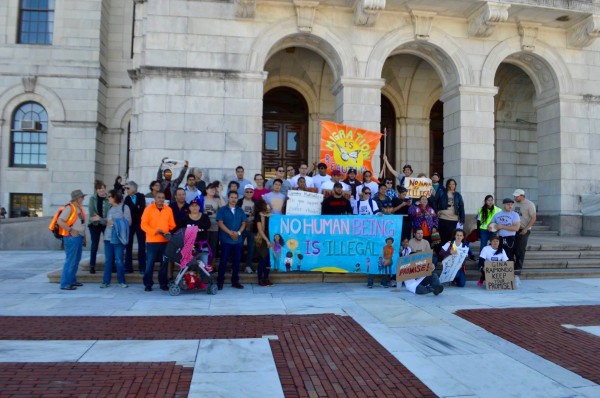






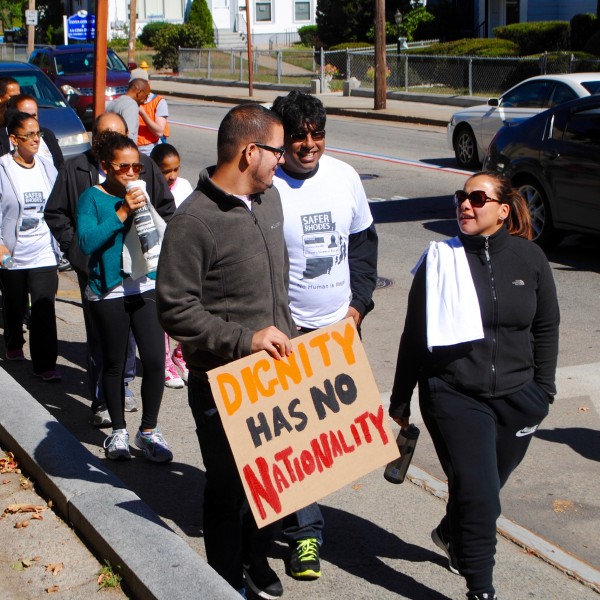




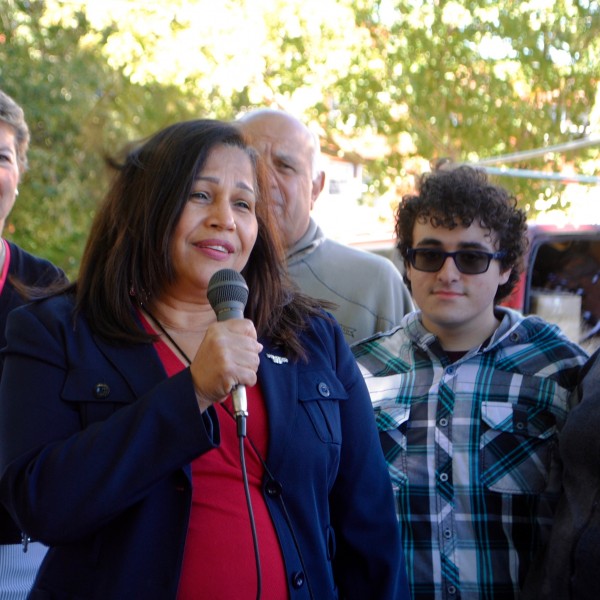

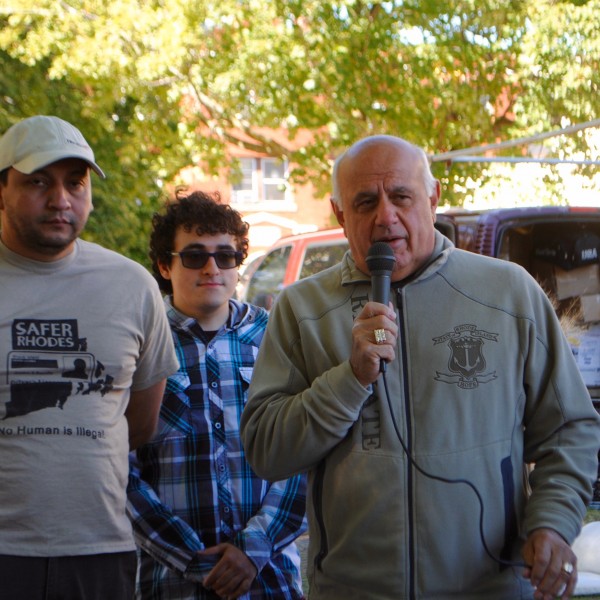





 Over one hundred forty thousand (141,035) Rhode Islanders lived in poverty in 2015, according to new data released today from the Census Bureau. The drop in the rate to 13.9% in 2015 from 14.1% in 2014 is not statistically significant. The poverty level for a family of four is approximately $24,000.
Over one hundred forty thousand (141,035) Rhode Islanders lived in poverty in 2015, according to new data released today from the Census Bureau. The drop in the rate to 13.9% in 2015 from 14.1% in 2014 is not statistically significant. The poverty level for a family of four is approximately $24,000.

 RI State Representative Jan Malik (District 67, Barrington/Warren) said that when he re-posted a picture of 25 flag-draped coffins of American soldiers killed in battle, he didn’t notice that the picture and text came from right-wing political activist, musician and racist Ted Nugent.
RI State Representative Jan Malik (District 67, Barrington/Warren) said that when he re-posted a picture of 25 flag-draped coffins of American soldiers killed in battle, he didn’t notice that the picture and text came from right-wing political activist, musician and racist Ted Nugent.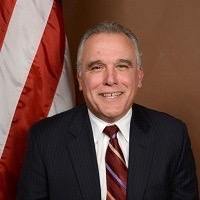
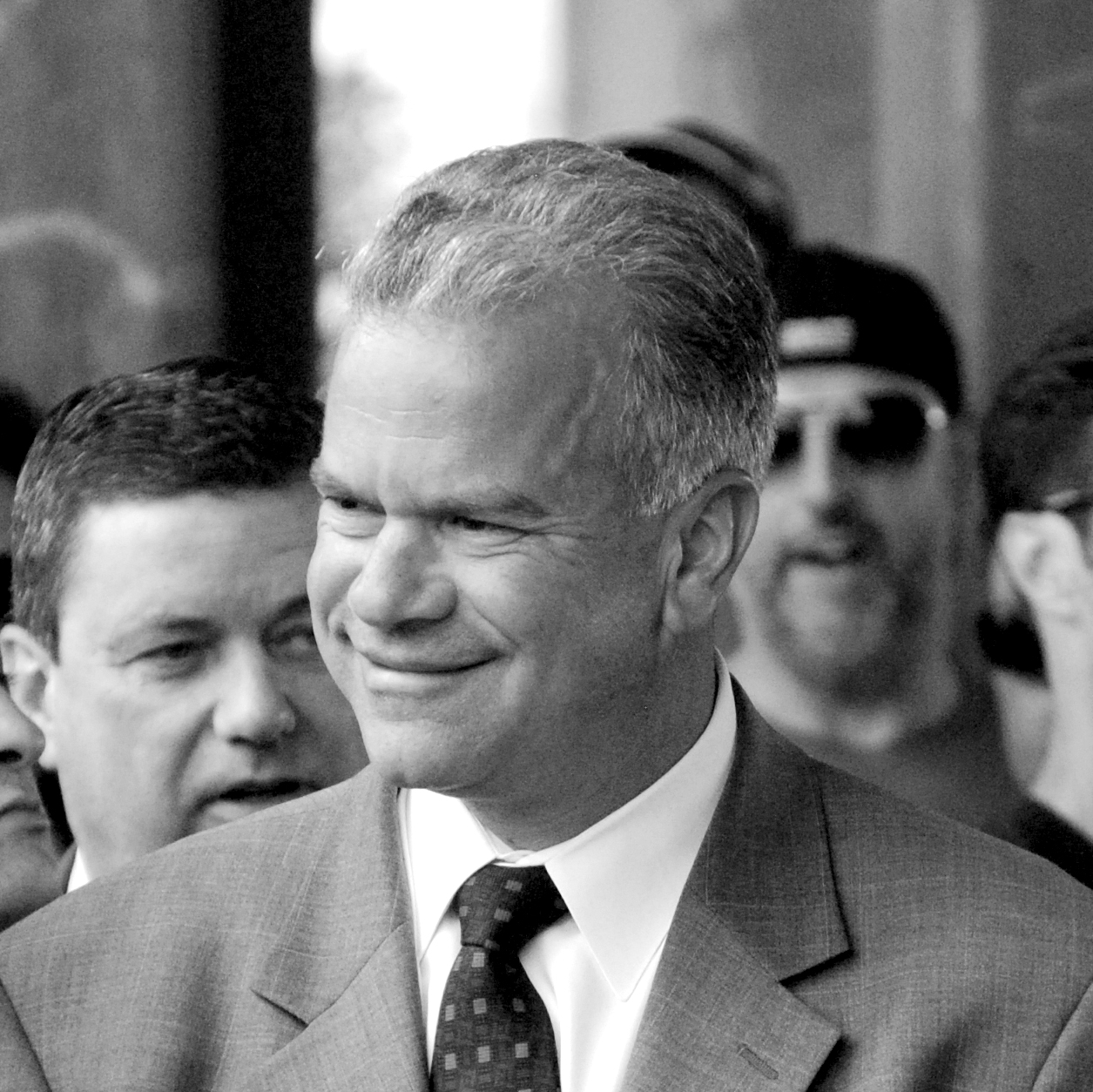
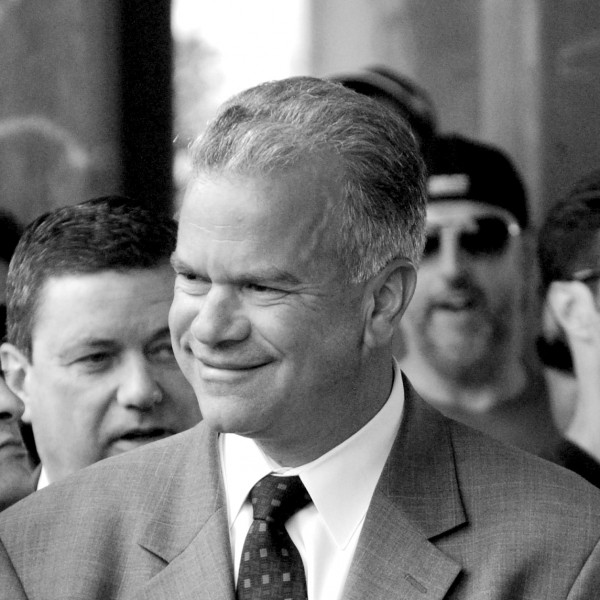


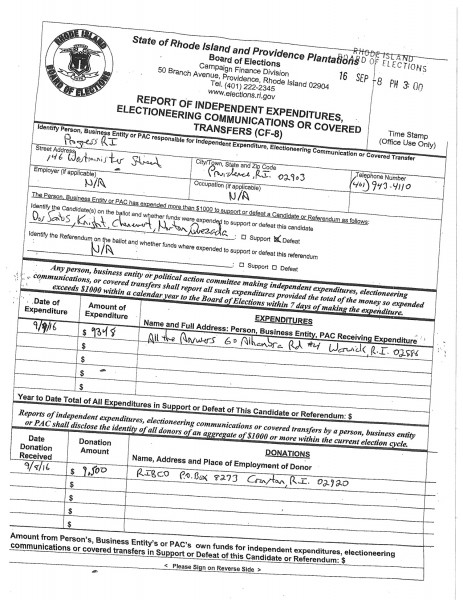

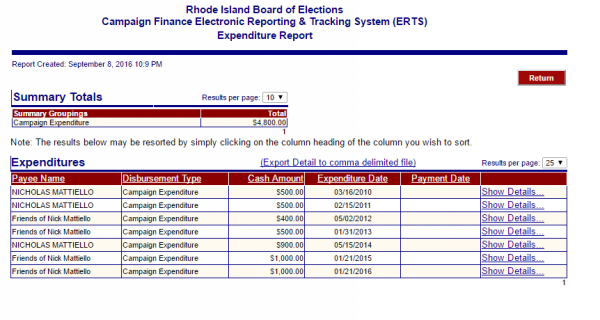 There seems an alignment of interests between Ferruccio and Mattiello. Both are working against Knight and Norton and for Malik and Coughlin. The ACI, where most of Ferruccio’s prison guard membership works, is in Mattiello’s district in Cranston.
There seems an alignment of interests between Ferruccio and Mattiello. Both are working against Knight and Norton and for Malik and Coughlin. The ACI, where most of Ferruccio’s prison guard membership works, is in Mattiello’s district in Cranston.
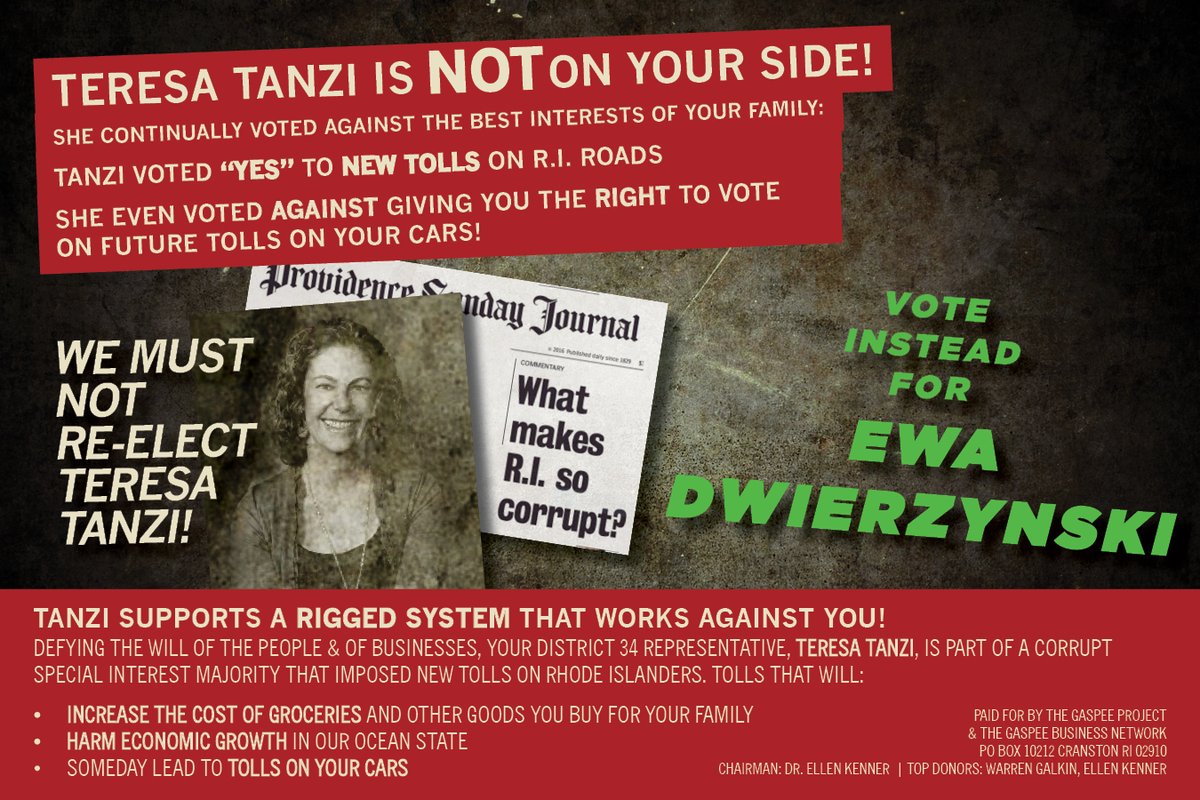

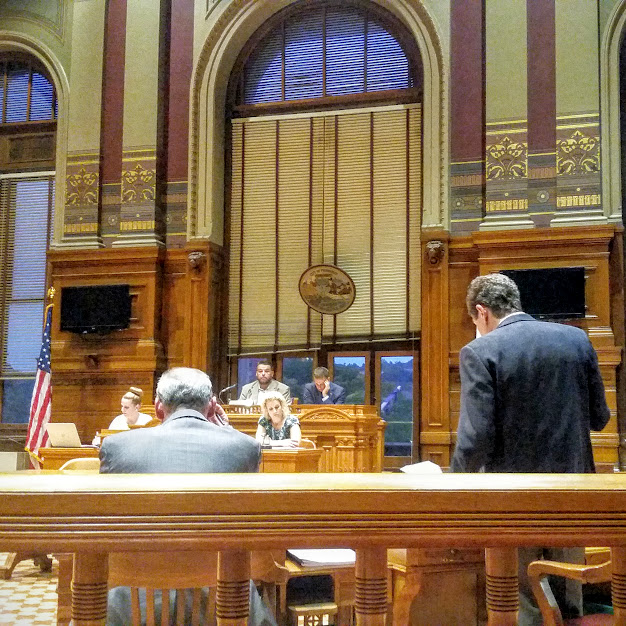
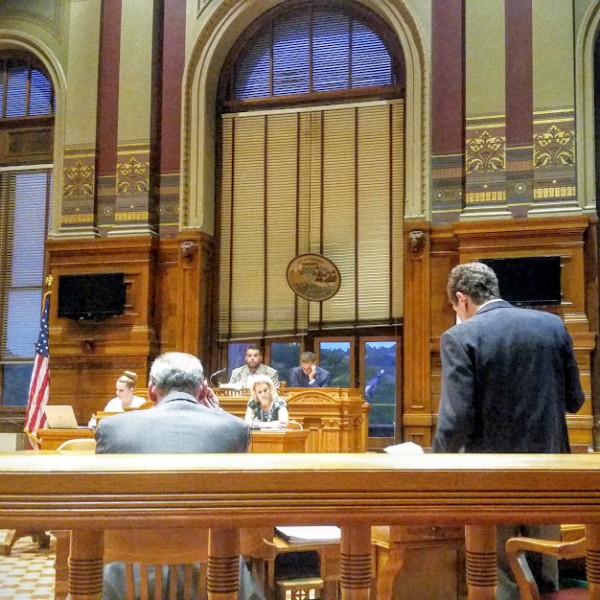

 Social services for the blind and visually impaired are among the hardest hit as a result of the new computer system at the state Department of Human Services, said Rui Cabral, board member of the
Social services for the blind and visually impaired are among the hardest hit as a result of the new computer system at the state Department of Human Services, said Rui Cabral, board member of the 


